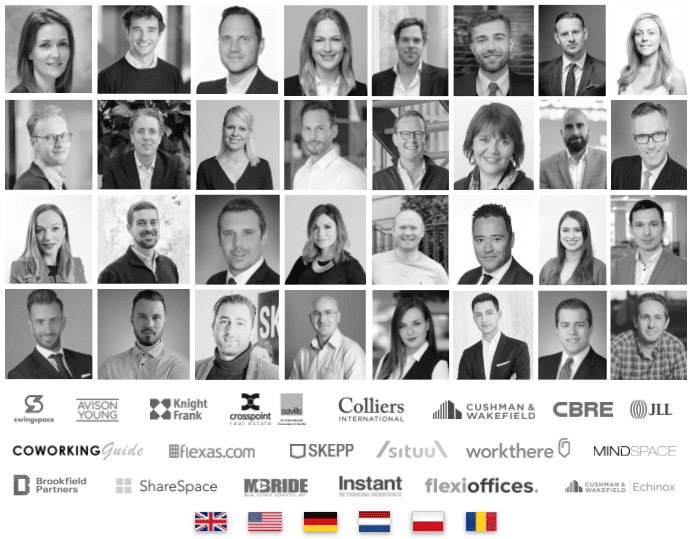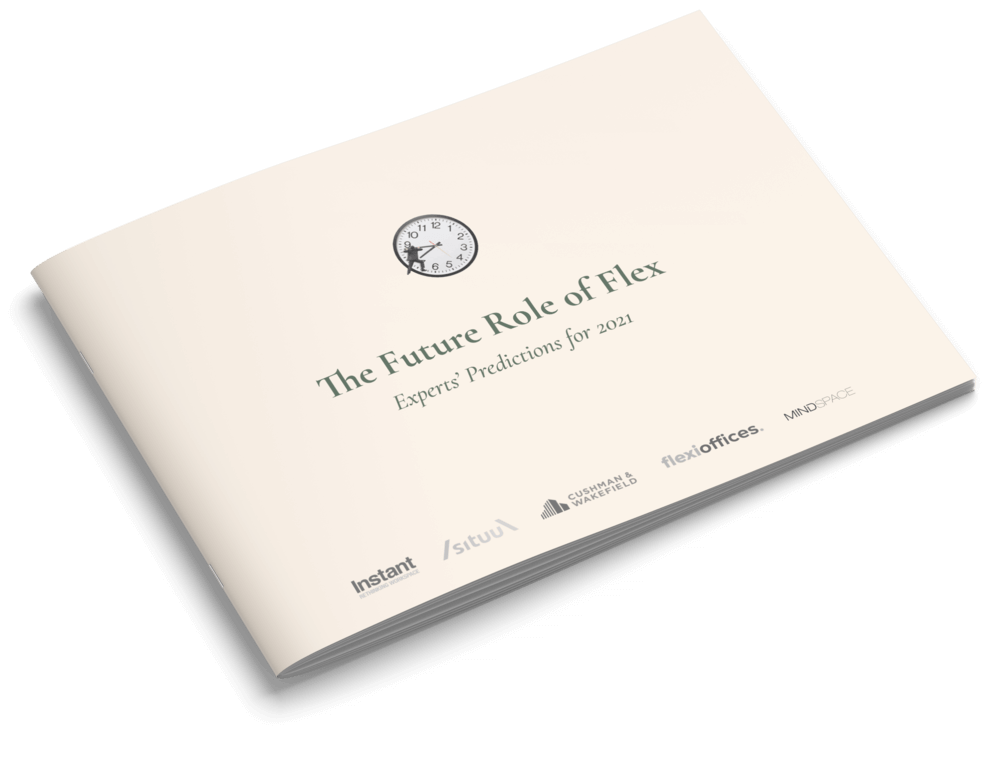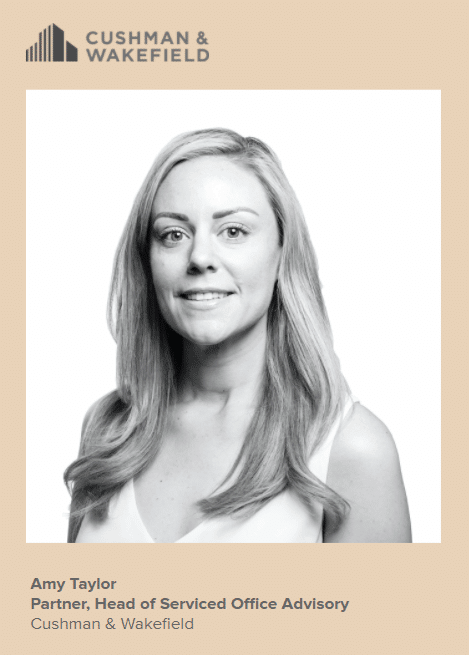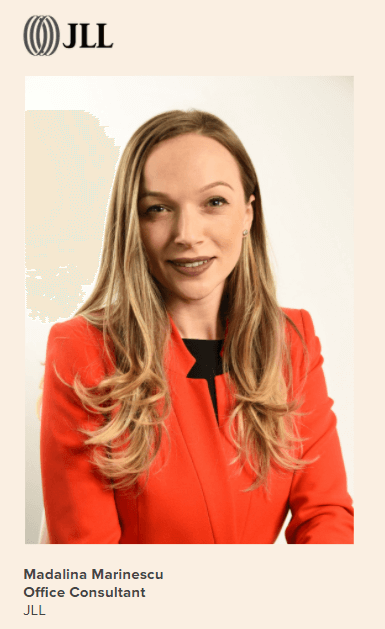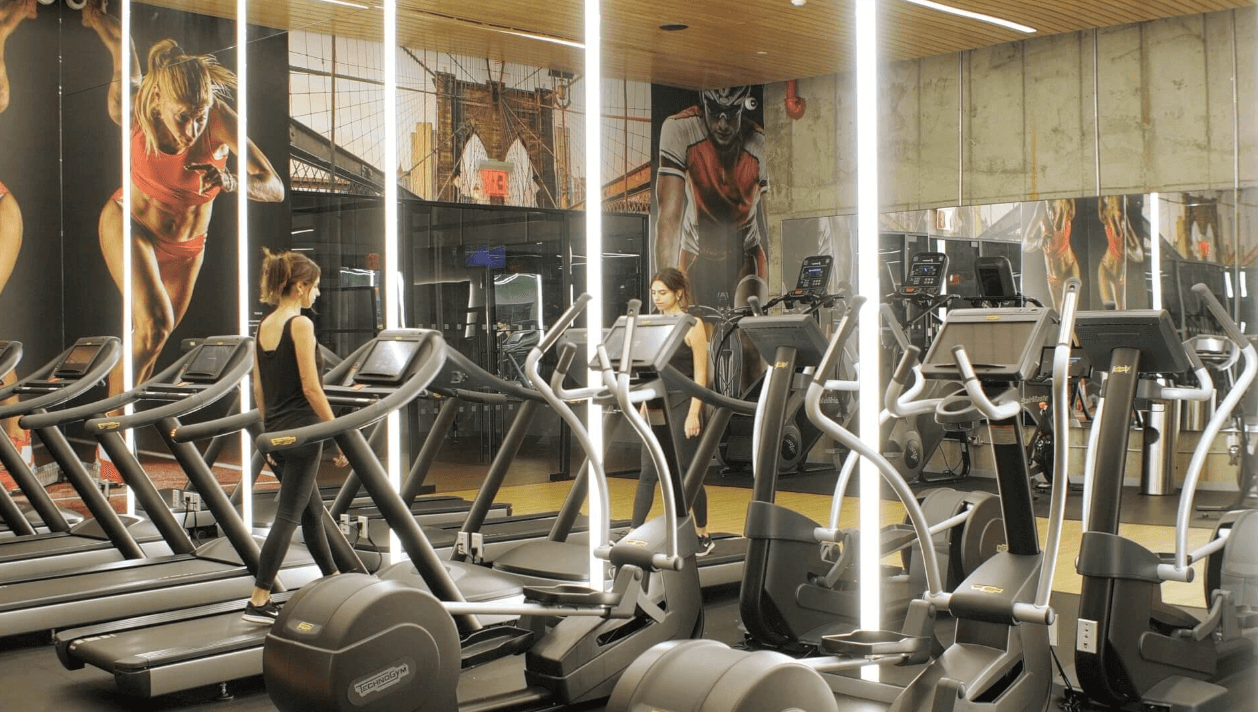
The Future of Flex Spaces: Expert Predictions
The flexible workspace sector has seen a unique journey the past few years. From the uncertainty of Covid to global economic concerns, “flex space”, as it now seems to be called, has organically shifted to the reliable concept one can turn to during tumultuous times. The truth is that this model of working was already slowly finding its way through the maze of traditional commercial real estate many years ago. But as the world has evolved rapidly over recent times, so has the way in which we work.
Startups are on the lookout for a place to regroup. Corporate occupiers seek to derisk, having to remain agile, and all businesses need to create a more cohesive and dynamic place to be productive and to capture talent within an ever competitive market. This is where “flex space” comes into play. And at Mindspace, we’re all about creating a dynamic eco-system on a flexible platform to give all businesses a chance to adapt to the new work world.
So what’s next?
2024 will no doubt bring more challenges. Yet, we expect to see an uptick in occupiers pulling away from longer leases and more companies taking a hybrid approach to their workspace strategies. More flex operators will incorporate ESG and tech solutions into their portfolios. At the same time, “flex” as a concept will evolve away from simple “coworking”, and will become more refined in its approach to serving occupiers. Bespoke and self-contained environments within a coworking environment will become more popular, as well as the demand for strong amenities and design-led office space.

But enough from us. We’d like to share predictions about office real estate from some of our favorite, highly experienced colleagues – as collected in eBooks for each country. We spoke to experts from the UK, Netherlands, Poland, Germany, Romania, and the USA.
The United Kingdom
First, we turn to the UK. We spoke to Lucy Watts, Executive Director, Operator & Landlord Solutions at The Instant Group, Dan Brown, Co-Founder at SITUU, Amy Taylor, Partner & Head of Serviced Office Advisory at Cushman & Wakefield, and Michael Dubiki, Business Development Director at Flexi Offices.
Check out our UK 2021 Predictions eBook for their full set of predictions.
Amy Taylor shares her short and long-term flex predictions.
“Short term – all occupiers will be looking to reduce risk, limit capital expenditure, and secure extreme flexibility. We could be heading for a Q1 2021 price war across Central London. Which in turn, delivers us an occupiers market. Reviewing flexible office spaces vs conventional office solutions will become the sector normality, leading to the average requirement size potentially increasing in 2021. Long term – flex space will be built into all real estate strategies, shifting the balance between traditional leasing and serviced offices. The hub and spoke model looks likely to become the new revolution/buzz phrase for corporates, looking to incorporate the agile working approach across their global portfolios.”
The Netherlands
For our experts from The Netherlands, we spoke to Michaël Xavier Henry, Head of expansion at Flexas.com, Jacqueline van Woerkom, Tenant Advisory International & Corporate clients at Colliers International, Mathios Zeko, Team Lead Sales at SKEPP, Asael Akkerman, Head of Workplace Benelux at Cushman & Wakefield, Olaf Vogelaar, Head of Markets Netherlands at JLL, and Ed Bouterse, Director & Head of Workthere Europe at Savills Nederland.
Check out our Netherlands 2021 Predictions eBook.
Michaël Xavier Henry explains the emerging reality that a traditional singular central office building is no longer feasible. “We also see a bigger demand for a mix of private offices and coworking desks, thus accommodating the employees that are working from home but want to come in for important meetings. I truly believe that this trend of more flex office space in demand will persist even in the post-pandemic era as it has other benefits such as employee wellbeing as well as the reduction of businesses’ carbon footprint.”
Poland
For our Poland experts, we turn to Robert Chmielewski, CEO & Co-Founder at ShareSpace, Konrad Szaruga, Head of Flexible Workplace at CBRE, Adam Lis, Flexible Office Solution Manager at JLL, Filip Sarzyński, Partner at Brookfield Partners, Thomas Jodar, Senior Associate at Office Agency at Colliers International, and Renata Hartle, Flex Office Strategy & Technology Solutions Manager at Colliers International.
Check out our Poland 2021 Predictions eBook.
Robert Chmielewski details how companies will re-shape their real estate strategies. He believes “that companies will re-shape their real estate strategies into satellite working, locating their main hub-like offices on a come-as-you-need policy, with great emphasis on meeting facilities, break-out areas, and workspace accommodating to team needs. This strategy will include flexible spaces spread across cities, located near employee clusters to allow them professional workspaces, close to home.”
Germany
For our experts from Germany we look to Andree Scherer, Leader Flex Germany at JLL, Nicolas Schriek, Senior Consultant at CBRE GmbH, Hanna Pawlowski, Associate & Head of Office Leasing at Knight Frank, Michael Thiele, Head of Global Occupier Services at Cushman & Wakefield, Matthias Hofmann, Associate at Cushman & Wakefield, Szymon Wilkosz, Gründer at Coworking Guide, and Oliver Lehmann, General Manager at Mindspace Germany.
Check out our Germany 2021 Predictions eBook.
Szymon Wilkosz outlines the emerging needs of employees. He predicts that “for many employees, the home office will not be the perfect long-term solution. We still see a lot of demand from employees, who are renting desks in open spaces as an addition to the home office, so that they can work in a quiet environment. We assume that many companies will take up at least some of this cost for their employees and that the demand to choose a flexible office solution will increase even more.”
Romania
For our experts from Romania, we spoke with Cosmin Smighelschi, Associate, Office Agency at Crosspoint, Madalina Marinescu, Office Consultant at JLL, and David Stanescu, Senior Broker, Office Agency at Cushman & Wakefield Echinox.
Check out our Romania 2021 Predictions eBook.
Madalina Marinescu details the changes in expectations of occupiers of flex spaces. She says, “demand for office space will not fall, but the expectations of occupiers and users of traditional offices will certainly change In Bucharest. At the same time, flex concepts are definitely here to stay, as companies require even more flexibility in their contracts. While many companies are reviewing their businesses and expansion plans in the city right now due to the impact of the pandemic, the role of flex solutions continues to grow. This current readjustment will almost certainly be followed by significant changes in the lease model, which in fact, are already being observed on the market.”
USA
For our USA experts, we learn from Marie Phillips, Vice President at JLL FlexDesk, Christelle Bron, Americas Agile Practice Leader & Senior Managing Director, New York at CBRE, Charlie Morris, Head of the Flexible Solutions Practice at Avison Young, Marissa Lanoil, Associate Director of Solutions Development at The Instant Group, and Matt Goubeaux, Regional Director at SwingSpace and Tenant Representative at McBride Real Estate Services, Inc.
Check out our USA 2021 Predictions eBook.
Christelle Bron shares her detailed prediction for the flexible office space. She envisions that “The upheaval that has defined 2020 will lead to the evolution of the flexible office industry to a more mature state in the years to come…”, while explaining the impact on Consumerization, Core + Flex models, management agreements, Hybrid models, health, safety and community as well as expanded asset types.
“The flexible office industry’s many challenges this year are giving way to opportunities in 2021. The way in which occupiers use flexible space continues to evolve and will be the impetus for demand over the long-term. The industry is now at the “end of the beginning” and its future looks bright.”
Charlie Morris shares his predictions for the change in recruiting tools. He asserts that “workplace optionality will become a leading recruitment and retention tool in the war for talent. Employees will seek choice over where and how they work. Working from home (WFH) is not right for everybody all the time, but remote work does not exclusively mean WFH. Occupiers will be seeking more “work near home” (WNH) options and leveraging more agile and flexible solutions.”
Curious to learn more? We have written articles on what hot desking is as well as advantages and disadvantages of flexible working spaces so you can explore further, and perhaps even make your own prediction! What do you think? Are flexible spaces the future of work?


